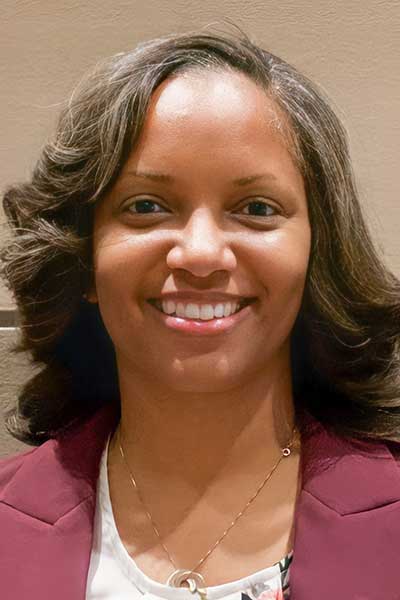Setting up a private rheumatology practice takes more than finding a location and hiring staff. Two rheumatologists who have been through the process will go through a checklist of the myriad other aspects that also must be taken into account to open a private practice and sustain the new business, including contracting with payers, understanding tax structure, and harnessing an effective mindset.

Practice Basics: Setting Up Your Private Practice will begin at 12 p.m. PT in Room 26A–B of the San Diego Convention Center. The session also will be available on demand within 24 hours of the live presentation for registered ACR Convergence 2023 participants.
Tien-I Karleen Su, MD, Amicus Arthritis & Osteoporosis Center, learned through experience that the owner’s mindset has a big influence on whether a private practice thrives. Dr. Su has been in private practice since 2010, opening her own practice in 2016. Her first year as a business owner was a crash course in all kinds of things that are not addressed in physician training such as managing human resources (HR) and administrative tasks.
“It was very challenging because I felt like I was going to quit every day,” she said. “It was overwhelming managing all the work that I was never taught to do.”
She found moral support and practical advice through an online group, made sense of the chaos of being a new entrepreneur, and founded the Rheumatology Private Practice Alliance (RPPA) to help other rheumatologists on the same journey.
“The business mindset is incredibly important,” Dr. Su said. “I wish people had told me in the beginning that it’s going to be hard, but it’s going to be exciting as well. If you don’t have the right mindset, people give up very easily in the first couple of years.”
One of the lessons Dr. Su learned early in her private practice career is that consultants are helpful but not always the right solution.
“It’s important for physicians to be part of the process, at least in the beginning,” she said. “You have to know how to do everything in the nitty gritty details, and then ultimately, you delegate.”

Crystal Withers, MD, PhD, Integrative Rheumatology, will review the basic logistics of establishing and maintaining a private practice, potential pitfalls, and strategies for success, including finding staff you can trust to fill the various roles within the clinic.
“People resources are a big thing,” said Dr. Withers, who has owned and operated a clinic with her husband since 2017. “You have to find people to connect to who you can really trust to handle the pieces that are too much for one person to carry.”
Part of that process involves determining what it takes to run the office, how big it is going to be, and what services it will provide.
“Doing your homework ahead of time is really important,” Dr. Withers said. “That means thinking about your location, the demographics, the patient population you want to serve, the competition in the area.”
Being forward-thinking continues to be critical once a private practice has been established.
“The hardest part about running a practice is making sure you stay head of the changes that could affect you,” Dr. Withers said. “So not only does that mean like knowing what they are, but being able to think about a strategy of how to how to respond to them when they happen.”
A current looming change is Medicare cutting its fee schedule for 2024, and private practice owners need to figure out how to balance that with other changes that are beyond their control.
“Inflation has happened, payroll has gone up, supply costs have gone up — everything has gone up — but yet my reimbursement is going to be lower,” Dr. Withers said, adding that being nimble and continually strategizing how to confront challenges are key to effectively caring for patients.
“The reason why we do this is because of the people we see every day, and they still need our care regardless of what chaos has happened in the background,” she said.

Registered ACR Convergence 2024 Participants:
Watch the Replay
Select ACR Convergence 2024 scientific sessions are available to registered participants for on-demand viewing through October 10, 2025. Log in to the meeting website to continue your ACR Convergence experience.
